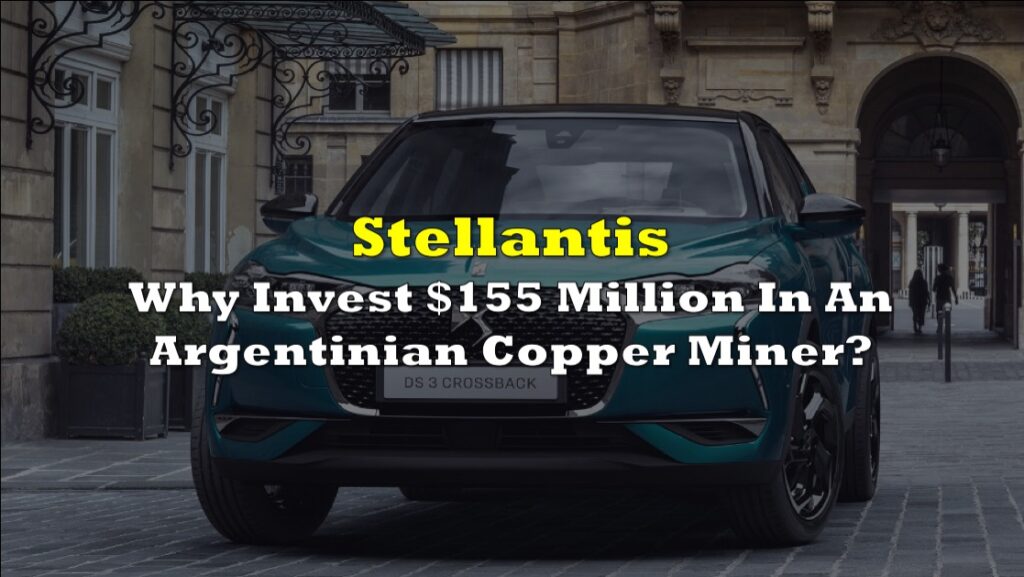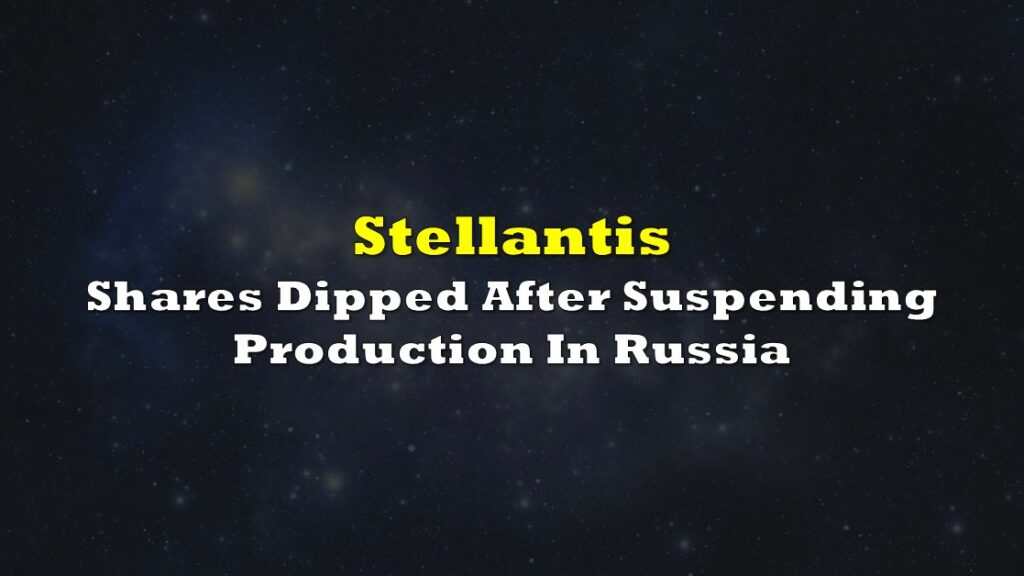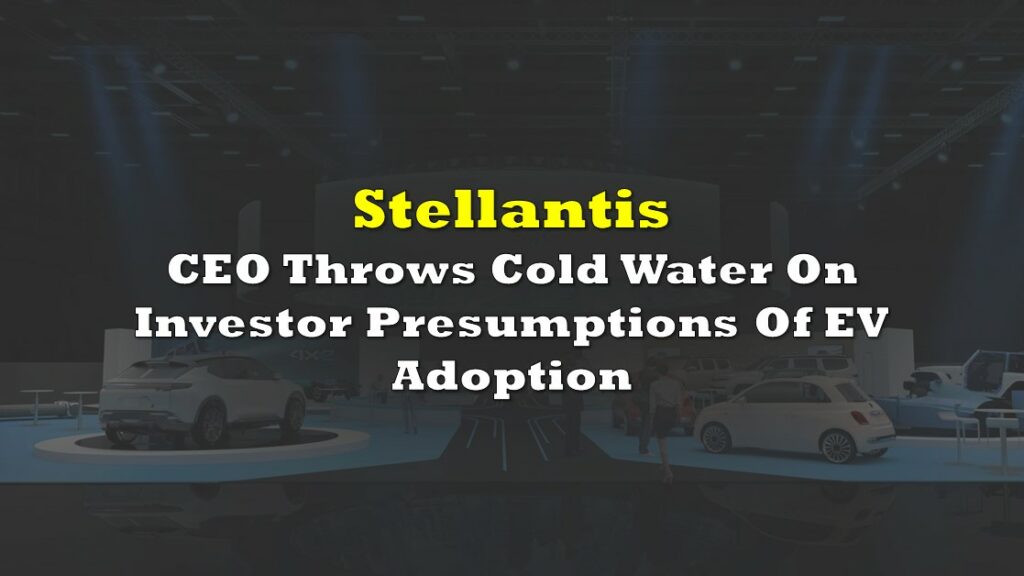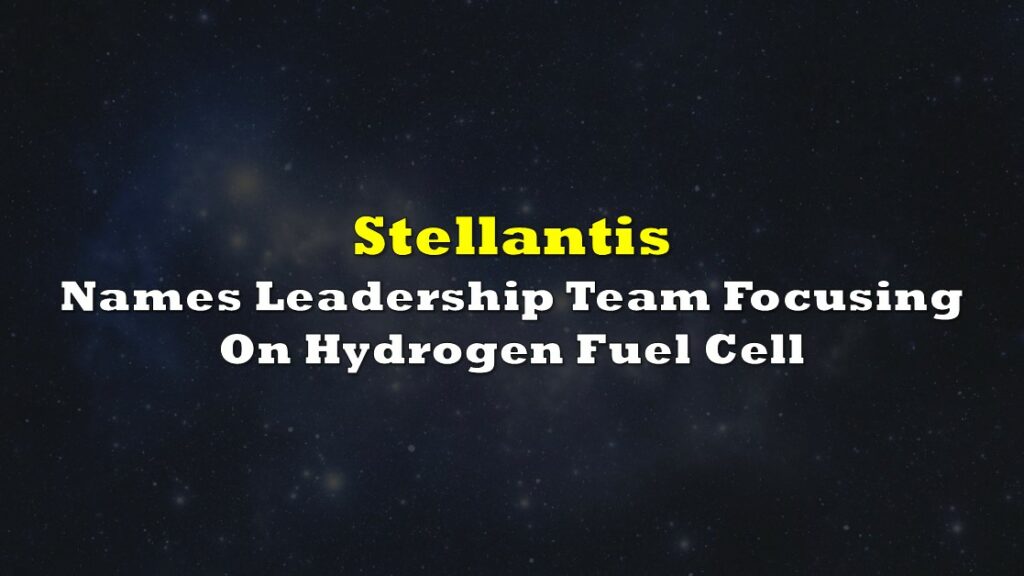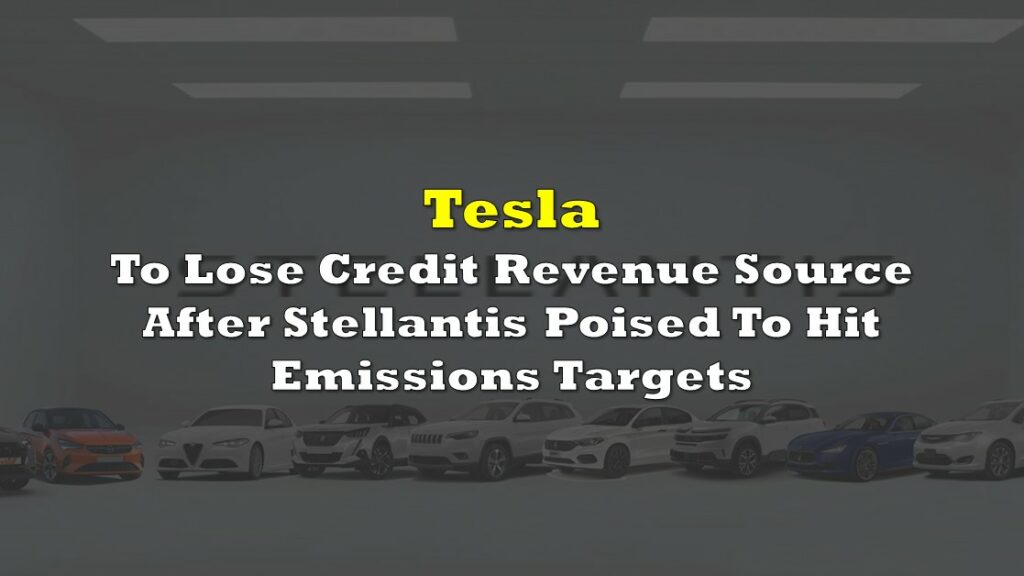Weeks after establishing its hydrogen fuel cell division, Stellantis NV (NYSE: STLA) has turned its investing attention into low-carbon lithium production. The automaker announced today its €50 million equity investment into lithium producer Vulcan.
The investment effectively gives the Netherlands-based automaker an approximate 8% equity in Vulcan, making it the second-largest shareholder of the Australian firm.
Vulcan has agreed a A$76M equity investment from Stellantis.
— Vulcan Zero Carbon Lithium™ Project (@VulcanEnergyRes) June 23, 2022
We understand this represents the world’s first upstream investment in a listed lithium company by a top tier automaker.
Read more: https://t.co/LjJPMLlB07 pic.twitter.com/fOKulChXGX
“Making this highly strategic investment in a leading lithium company will help us create a resilient and sustainable value chain for our European electric vehicle battery production,” said CEO Carlos Tavares.
The investment is said to be intended for Vulcan’s planned production expansion drilling in its producing Upper Rhine Valley Brine Field. From producing geothermal energy out of the property, the firm now wants to produce lithium hydroxide with zero fossil fuels.
This is part of Vulcan’s flagship Zero Carbon Lithium™ Project, aiming to “produce a battery-quality lithium hydroxide chemical product from its combined geothermal energy and lithium resource.”
Stellantis has also extended the five-year lithium supply agreement with Vulcan to 10 years.
The luxury brand carmaker has previously announced its goal to achieve carbon net zero by 2038, with a 50% reduction by 2030.
The announcement of the Vulcan investment follows after news reports circulated that Stellantis’s German supplier Continental was the reason for the carmaker to halt production at its two French auto plants.
According to sources of the French business paper La Tribune, Continental failed to “deliver its connected navigation and entertainment systems to a Citroen plant in Rennes.” At another plant in Sochaux, the supplier is reportedly unable to deliver touch screens for Peugeot cars.
In April 2022, the carmaker announced its joint venture with LG Energy Solution to build Ontario’s “first large-scale” electric vehicle battery manufacturing plant, estimated to cost $5 billion to erect.
Stellantis last traded at US$12.89 on the NYSE.
Information for this briefing was found via Reuters and the companies mentioned. The author has no securities or affiliations related to this organization. Not a recommendation to buy or sell. Always do additional research and consult a professional before purchasing a security. The author holds no licenses.





